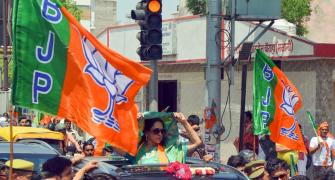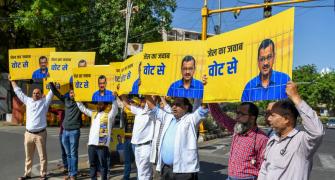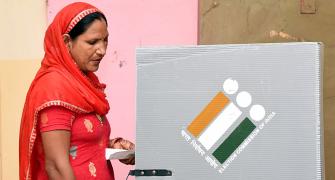Telecom service providers are optimistic that the reduction in call charges will not affect their earnings as the move is expected to lead to higher usage and a widening of customer base.
Industry experts, however, said call tariffs were not the only parameter for leveraging economies of scale in a competitive market. High entry charges and handset costs could still deter the entry of new subscribers.
"We are in a market that is witnessing tremendous growth. We are expecting a significant growth in our subscriber base. Addition of new customers and increased usage will compensate for the decline in call charges," said Manoj Kohli, president (mobility), Bharti Tele-Ventures.
"Indian operators are earning $428 per user annually, higher than what operators in other countries make. There is scope to cut tariffs even further," said Bharat Sanchar Nigam Ltd Chairman and Managing Director VP Sinha.
BSNL expects a 35-40 per cent growth in subscriber base and about 7 per cent year-on-year growth in profits in 2004-05.
"If tariffs are cut by 60 per cent, it does not mean that the subscriber base will increase proportionally. The growth in subscriber base will be at best 25-35 per cent," said Gartner's telecom analyst Kobita Desai.
Companies that manage their costs effectively would be able to leverage economies of scale and keep their profits intact, added Desai.
"Pricing of the service should not be the only benchmark. Entry costs, in terms of the high activation charges and price of mobile phones, must be brought down to add more and more customers in a price sensitive market like India," Desai said.
Industry experts are of the opinion that given the low elasticity in the telecom market at present, no company is in a position to enjoy competitive advantage.
"Smaller towns and cities will fuel the growth. Telecom companies must start innovative offerings like micro-prepaid cards (prepaid cards of a lower denomination of for Rs 50 or so). This is a model which has been highly successful in the Philippines," said Desai.
The operators should also offer facilities like transfer of balance with more value-added services, Desai added.







